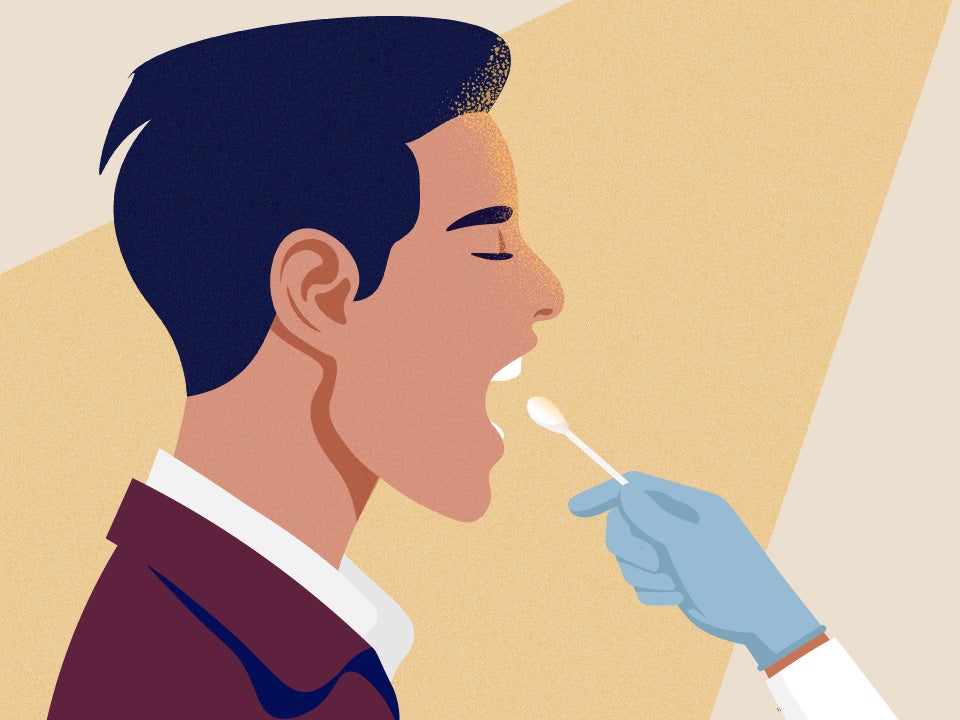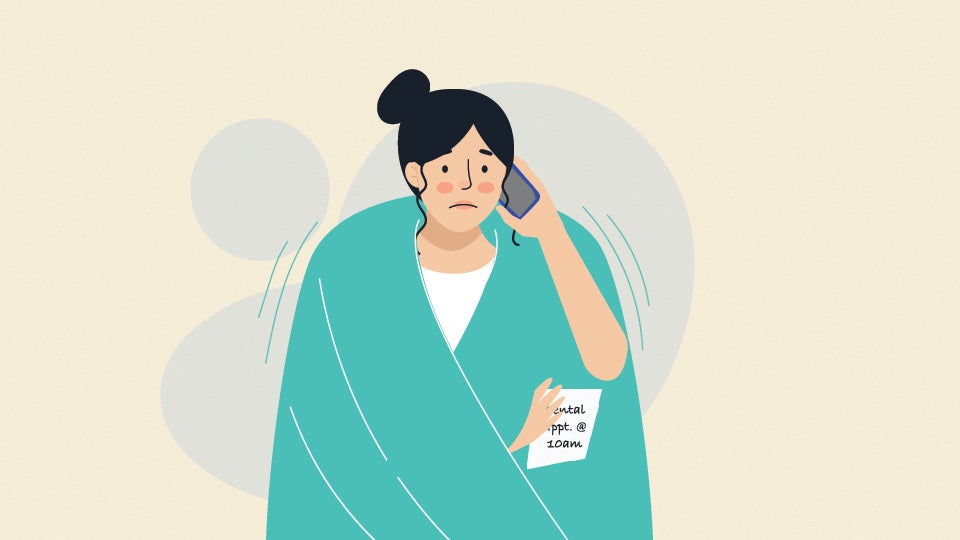The good news is that the positive effects of proper oral care can extend far beyond your smile. The bad news is that the painful effects of not taking proper care of your teeth can impact the rest of your body, too. We call this link between oral and overall health, The Mouth-Body Connection. As oral bacteria breaks into the bloodstream through the gums, it can travel to organs throughout the body. With that in mind, let's take a look at where a toothache starts and where it can lead.
What Causes Tooth Pain?
- Tooth decay: Among the most common culprits, tooth decay (or cavities) are tiny holes caused by bacteria that eat away at enamel over time. Checking for cavities is a part of any standard dental exam.
- Root canal infection: In some cases, tooth pain could indicate an abscess. This is when the pulp inside the tooth dies and harmful bacteria thrive, prompting your immune system to fill the area with pus. Inflammation and pain are common side effects of an abscess.
- Gum disease: Known as gingivitis, or in more severe cases periodontitis, infected gums can result in tooth pain. Gums become hot and swollen when an infection occurs and may recede, exposing tooth roots to plaque and irritation from food and drinks.
- Tooth grinding: Grinding or clenching your teeth is another possible cause of tooth pain. This can lead to fractures in the teeth or enamel erosion resulting in cavities.
- Damaged fillings or cracked teeth: Physical damage to a tooth can cause severe pain and allow bacteria into the root canal, and that's never a good thing.
If I Ignore A Toothache, Will It Go Away?
That time-honored advice for treating bullies doesn't exactly translate for toothaches. (Did it ever really work for bullies?) A tooth abscess won't go away without treatment, and could in fact get worse. Ignoring it could lead to the infection spreading to your jaw and other areas of your head and neck.

How Do I Know A Tooth Infection Has Spread?
- Fever
- Swelling
- Dehydration
- Increased heart rate
- Increased breathing rate
- Stomach pain
How Can I Avoid Getting A Toothache In The First Place?
- Brush and floss twice a day
- Go easy on alcohol-based mouthwash
- Regular dental checkups 2x a year
- Eat more fruits and vegetables
- Rinse your mouth with water after meals
A toothache is always a pain—but without proper treatment, it can lead to a much more serious, and sometimes even life-threatening issue. To reduce the risk of serious complications, seek treatment for a tooth infection as early as possible. Find a dentist near you. And always listen to what your body is telling you—especially when it's your mouth doing the talking!
Find your trusted, local dentist today!
Smile Generation blog articles are reviewed by a licensed dental professional before publishing. However, we present this information for educational purposes only with the intent to promote readers’ understanding of oral health and oral healthcare treatment options and technology. We do not intend for our blog content to substitute for professional dental care and clinical advice, diagnosis, or treatment planning provided by a licensed dental professional. Smile Generation always recommends seeking the advice of a dentist, physician, or other licensed healthcare professional for a dental or medical condition or treatment.







.png)
